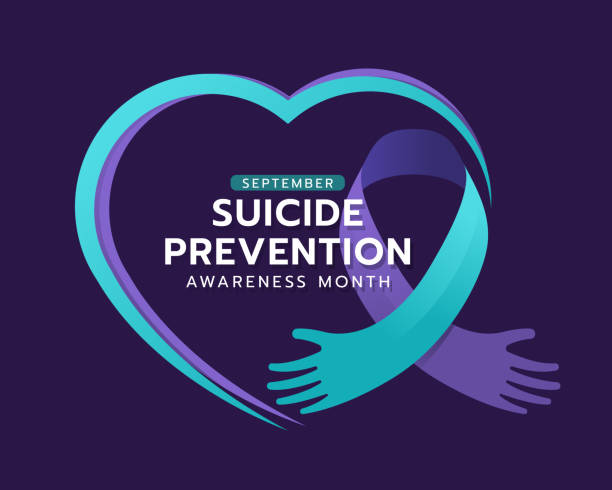Understanding Symptoms, Causes, and Treatment
Anxiety Treatment at Higher Purpose Recovery
Understanding Anxiety
Anxiety is a natural response to stress—but when it becomes chronic, overwhelming, or interferes with daily life, it can become a mental health disorder. At Higher Purpose Recovery, we offer virtual, evidence-based treatment that helps individuals identify the root of their anxiety and develop tools to manage it effectively.
Whether you’re dealing with generalized anxiety, panic attacks, social anxiety, or phobias, you’re not alone—and there is a way forward.
Common Signs and Symptoms
- Excessive worry or fear that’s hard to control
- Restlessness or feeling “on edge”
- Racing thoughts or intrusive thinking
- Muscle tension or frequent headaches
- Trouble sleeping or staying asleep
- Panic attacks, including rapid heartbeat and shortness of breath
- Avoidance of certain situations or people
If your anxiety has started to limit your ability to live fully, it’s time to seek support.
Types of Anxiety We Treat
- Generalized Anxiety Disorder (GAD)
- Social Anxiety Disorder
- Panic Disorder
- Specific Phobias
- Health Anxiety
- Anxiety related to trauma or chronic stress
How Virtual Therapy Can Help
Our approach may include:
- Cognitive Behavioral Therapy (CBT): Reframe negative thought patterns that fuel anxiety
- Mindfulness-Based Stress Reduction (MBSR): Learn how to regulate your nervous system
- Exposure Therapy: Gradual, supported exposure to feared situations (if clinically appropriate)
- Individual Therapy: One-on-one support with licensed clinicians
- Virtual IOP: A structured program for those with more intense or persistent symptoms
Who Benefits from Telehealth Anxiety Treatment?
- Feel anxious about commuting or face-to-face sessions
- Have busy work or school schedules
- Need discreet, flexible support
- Are in rural or remote areas
- Prefer engaging from the safety of home
Begin Your Journey Toward Calm
Healing from anxiety starts with understanding—and continues with support. Whether your symptoms are new or long-term, our team at Higher Purpose Recoveryis ready to help.
Reach out today to learn more about our virtual therapy options for anxiety—and take the first step toward a more peaceful life.
Common Mental Health Disorders We Treat
Each mental health condition is unique, but many share common symptoms and treatment approaches. Below are some of the most common mental health disorders:
Depression
- Persistent sadness, loss of interest, fatigue, and hopelessness
- Can be triggered by trauma, life changes, or chemical imbalances
Anxiety Disorders
- Excessive worry, panic attacks, and avoidance behaviors
- Includes Generalized Anxiety Disorder (GAD), panic disorder, and social anxiety
Post-Traumatic Stress Disorder (PTSD)
- Flashbacks, nightmares, and hypervigilance from past trauma
- Common in survivors of abuse, combat veterans, and first responders
Bipolar Disorder
- Extreme mood swings between depression and mania
- Affects energy levels, behavior, and decision-making
Borderline Personality Disorder (BPD)
- Emotional instability, fear of abandonment, impulsive behavior
- Often linked to childhood trauma and attachment issues
Obsessive-Compulsive Disorder (OCD)
- Unwanted, intrusive thoughts and repetitive behaviors
- Can interfere with daily routines and mental well-being
Schizophrenia & Psychotic Disorders
- Hallucinations, delusions, and disorganized thinking
- Requires long-term management with therapy and medication
Dual Diagnosis (Mental Health & Addiction)
- Substance use disorders often co-occur with mental health conditions
- Requires integrated treatment to address both issues
Antisocial Personality Disorder (ASPD)
- Aggressiveness or hostility
- Impulsive or reckless decision-making
Insurances Accepted
At Higher Purpose Recovery OP, our aim is to offer top-tier treatment at a reasonable cost for you and your family. We accept a range of payment options, either individually or in various combinations, to assist in paying for rehab.
Verify Your Insurance
Fill out our form to verify your insurance and take the first step toward accessing the care you need.










